Stopping these simple money mistakes will make you richer
Are you making these expensive financial mistakes?

Sticking your head in the sand

Spending more than you earn

In other words, don't spend more than you have. Banking companies like Klarna offer the option to delay your payments, which can seem tempting if money is tight during these uncertain times, but avoid this becoming a habit if possible, as they can quickly cause a spiral into debt.
Living without a budget
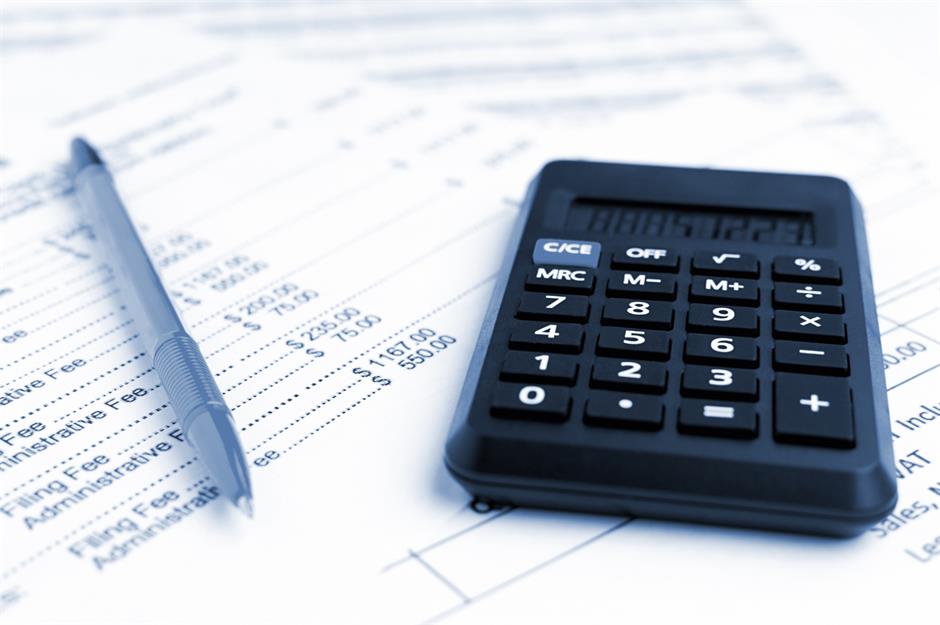
Ignoring bank statements
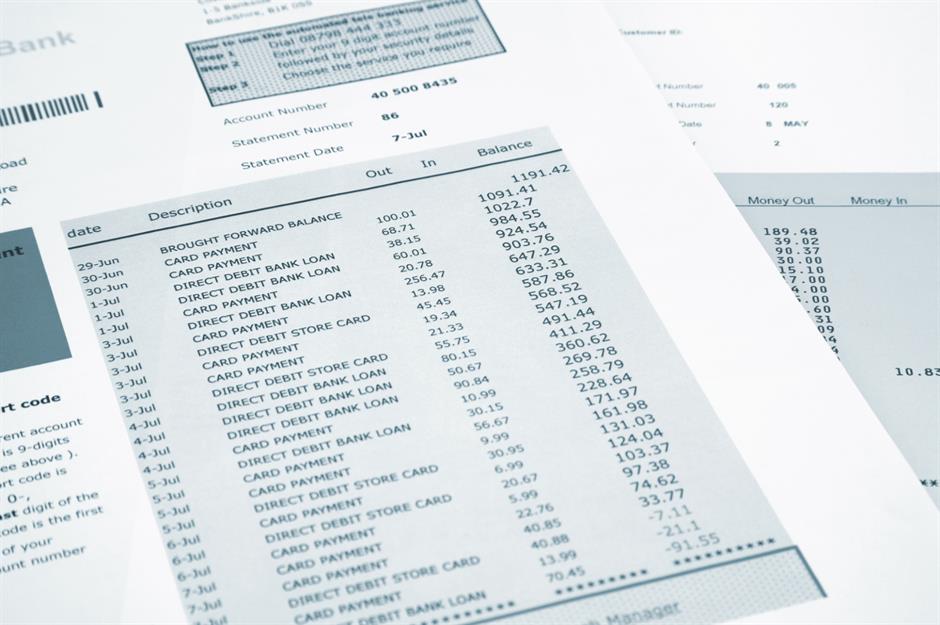
Buying what you don't need

The one-click culture of online shopping allows for whimsical buys that we often don't need, especially during the pandemic as digital shopping has been our main means of making a purchase. As shops start to re-open, retailers will be hungry to boost sales so make sure you head out with a shopping list and watch out for the tricks retailers use to lure us in, particularly when it comes to big-ticket buys. Avoid unnecessary purchases, and you'll save a stack of cash.
Now read about the secret tricks retailers use to make us spend more
Paying for things you don't use
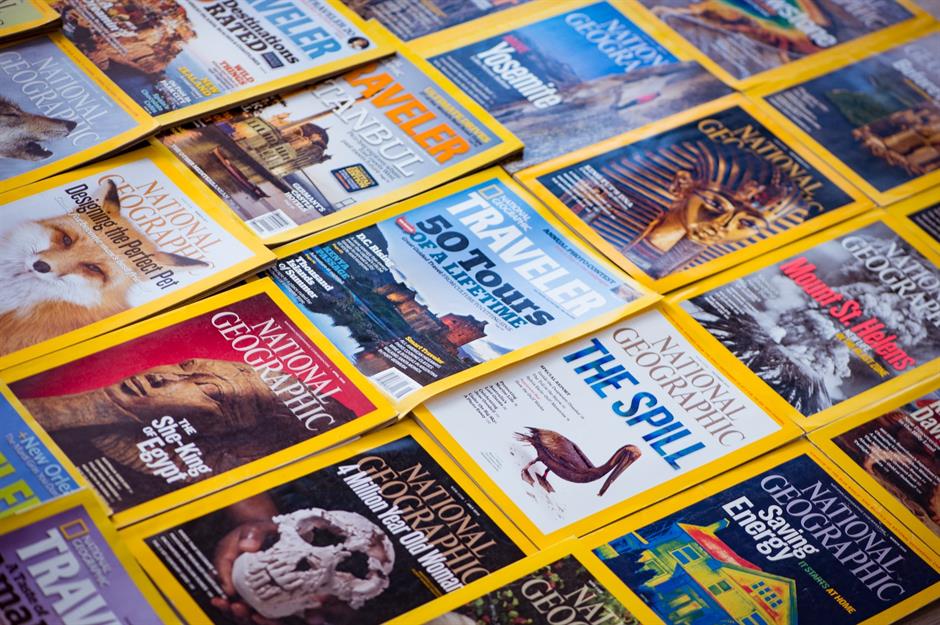
It's easy to rack up a bunch of direct debits that you don't use – gym memberships, magazine subscriptions, or even phone contracts leaving you with unused data each month can all be trimmed back, leaving you with fewer monthly outgoings.
Sticking to branded goods

There are definitely products where it's worth investing in well-known brands, but a lot of items are pretty standard across the board – the only difference is the name and how much you pay. Groceries are a great place to start, and you can shave a fair amount off your weekly food shop by sticking to own-brand when it comes to things like chopped tomatoes, salt, and a whole heap of other store cupboard essentials.
Not buying in bulk

Stockpiling has been a controversial issue of late, particularly as a lot of food has gone to waste as shoppers rushed to hoard more produce than they could eat. But buying the larger packs of products that have a long shelf life can save you a lot of money in the long run. Toilet paper, for example, is a great item to buy in its larger packs, as it won't go out of date and the price per roll is much lower when you do so.
Throwing out coupons and vouchers

The logical way to save more is to spend less, which means holding onto those money-off coupons and discount vouchers. Loyalty cards are also a great way to get money off and it's usually free to sign up. Retailers do know what they're doing though, and perks and freebies might entice you to spend more than you'd originally planned. If you're savvy about only buying what you originally set out for, then you're only going to benefit from the deals. Discount codes aren't just for face-to-face buys, and plug-ins like Honey and Pouch will scour the internet and apply discount codes to your basket whenever you shop online.
Falling for scams
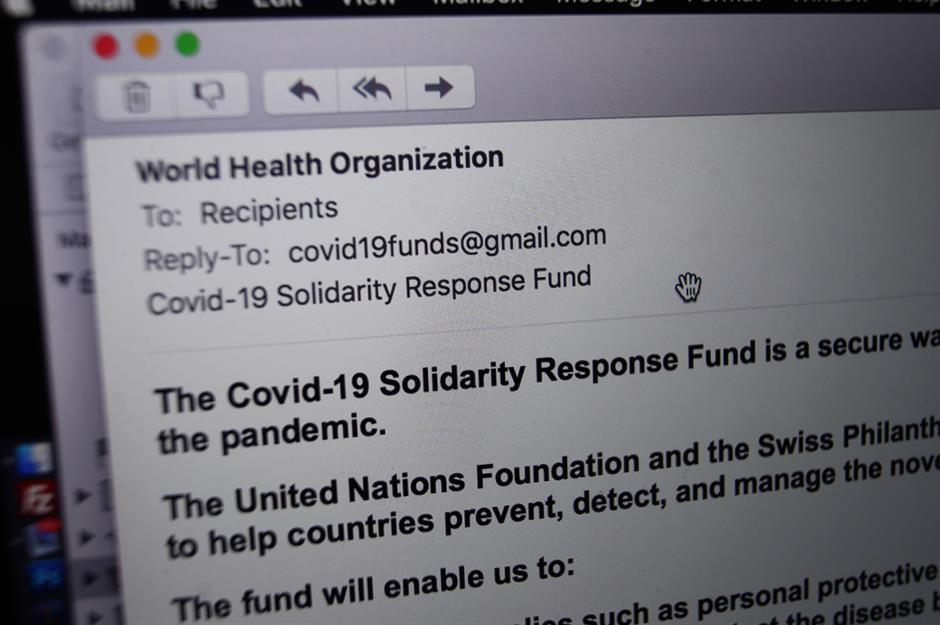
But don't trust every good-offer you see, as it might not be real. Not falling for scams might be easier said than done, but the best rule of thumb is that if it looks too good to be true, it probably is. The coronavirus pandemic has prompted more and more scammers to rear their ugly heads, so make sure you know about cons that are around right now and how to avoid them. One fraud even posed as the head of the World Health Organisation to encourage people to 'donate' to a COVID-19 response fund (pictured), which of course was a big cover-up for taking donors' money.
Rushing to make decisions
.jpg)
Buying without comparing prices

Allowing policies to auto-renew

Wasting energy

The advantages of saving energy are twofold – it's not only great for your wallet, but it comes with environmental perks too. Switching off appliances in between uses, getting a smart thermostat fitted and washing clothes at a lower temperature are quick and easy ways to embrace energy-efficient living. It really pays dividends, and in hard cash too.
Relying on in-branch products
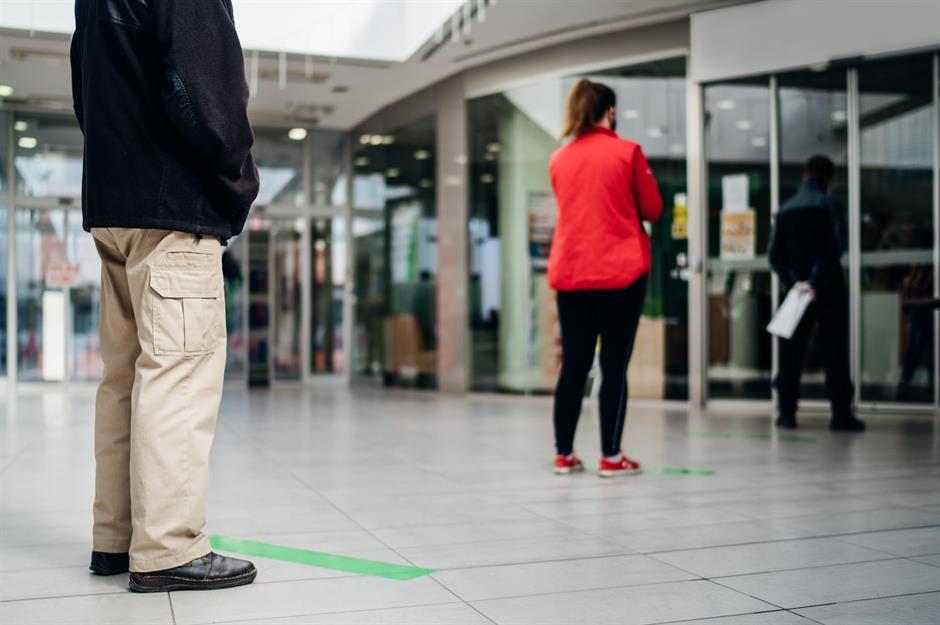
There's something reassuring about discussing your finances with somebody face-to-face, but with some financial products it's a privilege you pay a large premium for. The savings accounts with the best rates tend to be online only, as money isn't being poured into the vast overheads that come with having multiple branches. Switching to an online-only savings account will also save you additional trips out and about, which can only be a good thing as we all have to practise social distancing.
Paying bills by cash or cheque
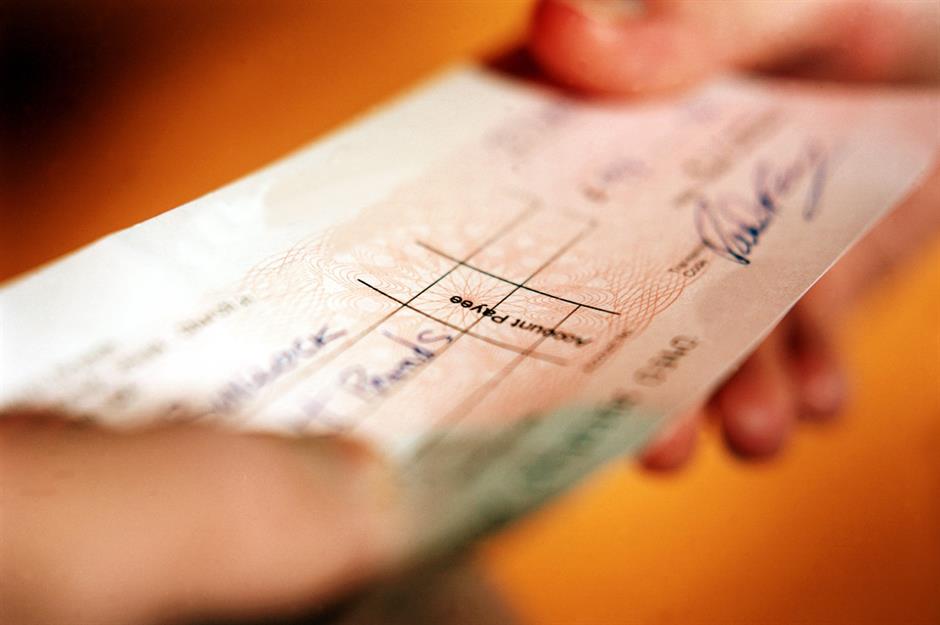
Paying by cash or cheque is definitely on its way out, with many stores only allowing card payments because of the COVID-19 outbreak, but germs aside there are other perks to paying by card – particularly when it comes to your bills. Agreeing to pay by direct debit will often slash the cost of your utility bills and comes with the added bonus of not having to remember to pay each month.
Dirty cash: you'll never believe what's really lurking on your money
Living paycheck to paycheck

Losing track of your retirement savings

Saving steadily for retirement is a must, and having money stashed away for your golden years is essential. Keeping track of what money you have where, in terms of both work and personal pensions will make everything much easier in the longer term.
Underinsuring yourself

It's all well and good making sure that you're insured, but if your policy doesn't cover everything you need it to, then you won't be getting the money you need if you have to make a claim. The coronavirus has left a lot of big companies and events worse-off because of their failure to insure themselves for cancellation as a result of "an act of God", like pandemics. Wimbledon was one of the few sporting events to have adequate insurance, and there are lessons to be learnt from that; whether it's investing in fully comprehensive cover for your car rather than just third party damage, or ensuring that your policy covers any extreme sports you'll be doing on holiday, make sure you'll be able to claim if you need to.
Ignoring your credit score
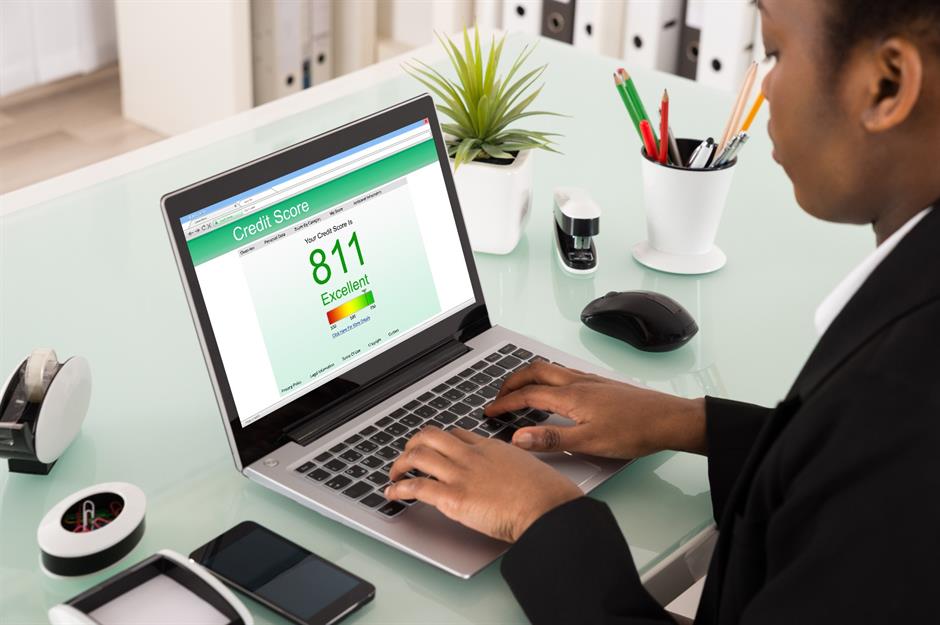
Being scared of stocks and shares
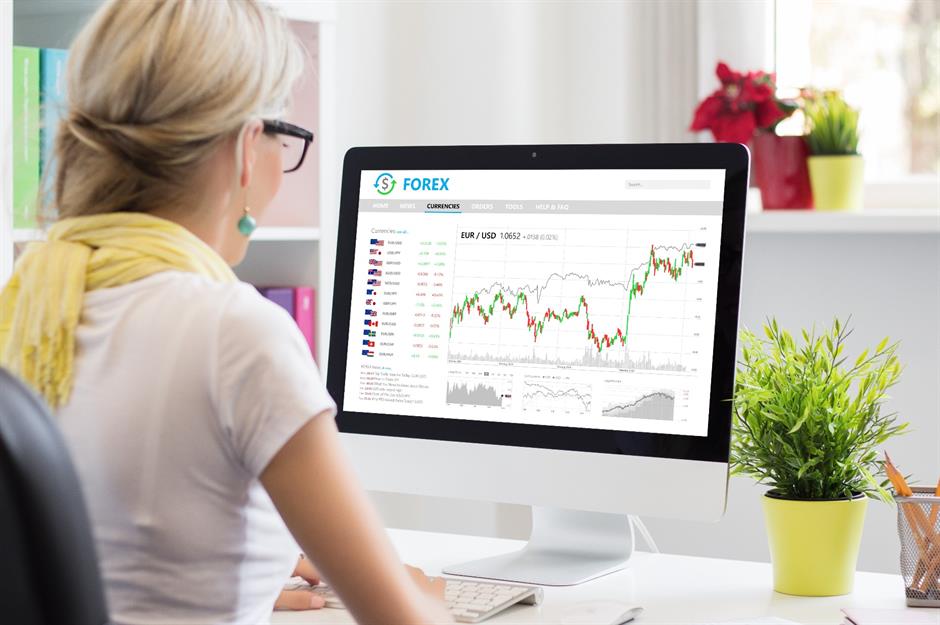
Films like The Wolf of Wall Street are enough to put anybody off the idea of the stock market, but if you read up on how to invest sensibly, you'll see it's nothing to be scared of. Stocks and shares can be hugely lucrative, and as some company share prices are at rock-bottom because of the pandemic, now is as good a time as any to get your trading hat on.
Investing in expensive managed funds

Being greedy with investments
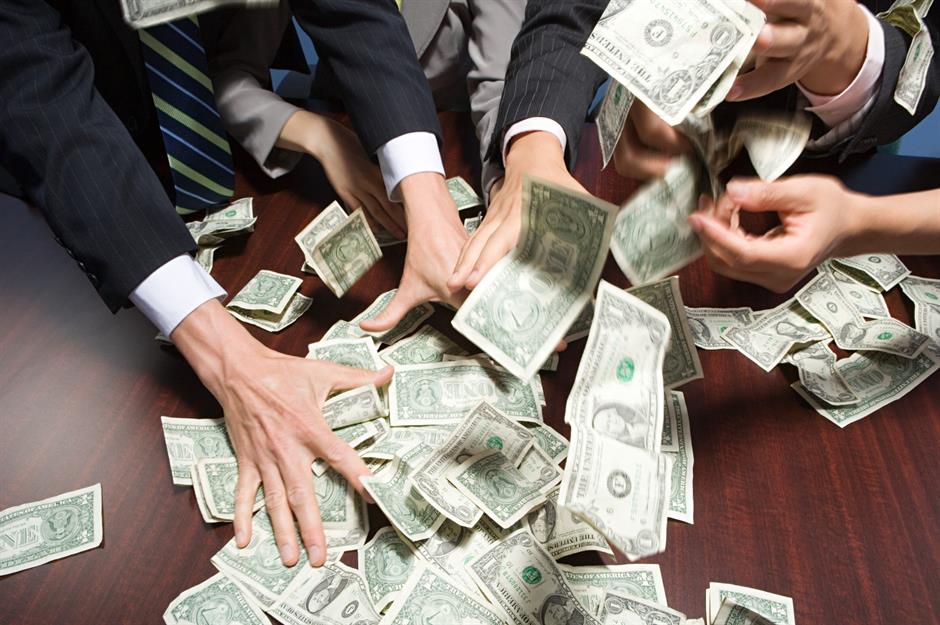
Focusing on short-term gain

Underestimating the value of your time

Time is money, and by underestimating the value of your time, you're selling yourself short. It could be as simple as paying somebody else to do a difficult job for you, as the cost might be worth the hours you'll be saving yourself. Plus, you'll likely be doing that other person a favour as the pandemic has caused job uncertainty for many. Equally if you're working for someone else, make sure that you're being fairly compensated for your time.
Not asking for help
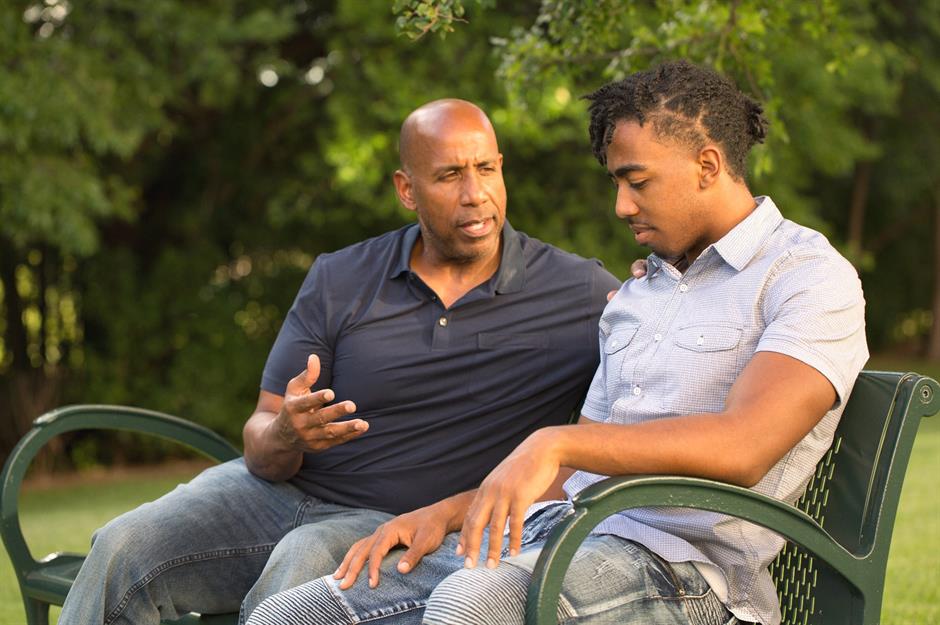
There is no shame in asking for help when times get tough. Even if friends or family aren't in a position to help you themselves, they may have some useful advice or be able to point you in the right direction for seeking help. Sharing financial worries is also likely to do you the world of good in terms of your mental health, so try not to keep things bottled up if you are struggling.
Now discover the secret tricks retailers use to make us spend more
Comments
Do you want to comment on this article? You need to be signed in for this feature